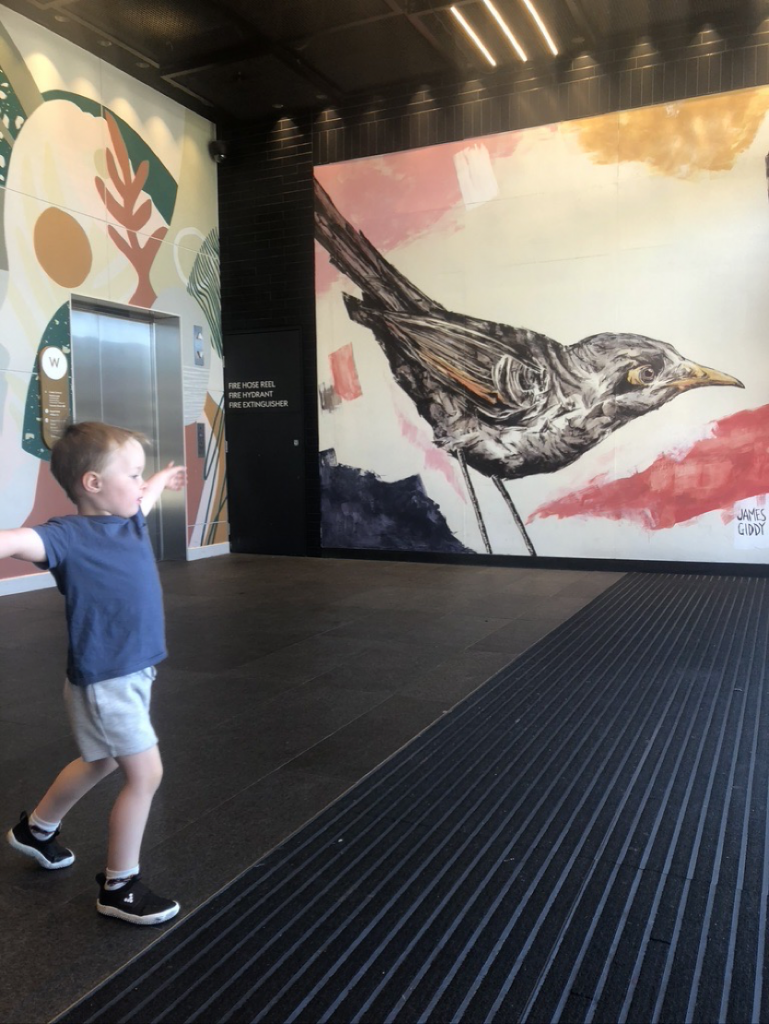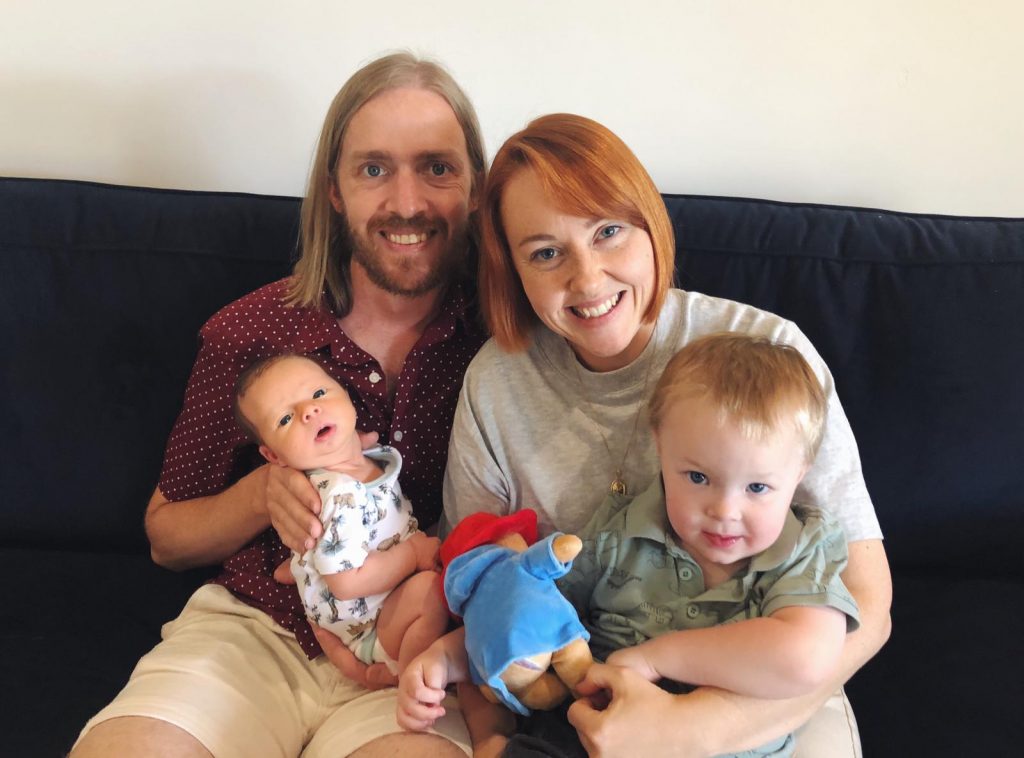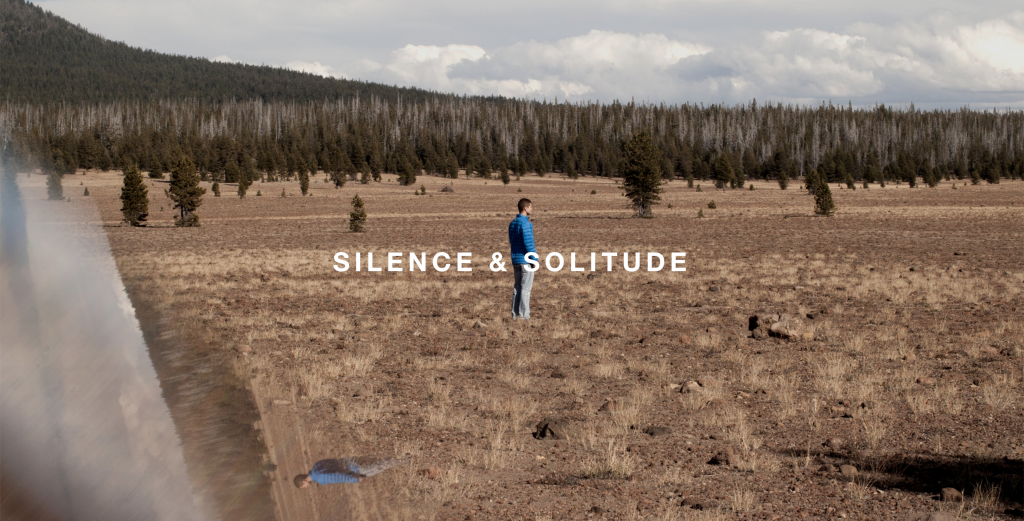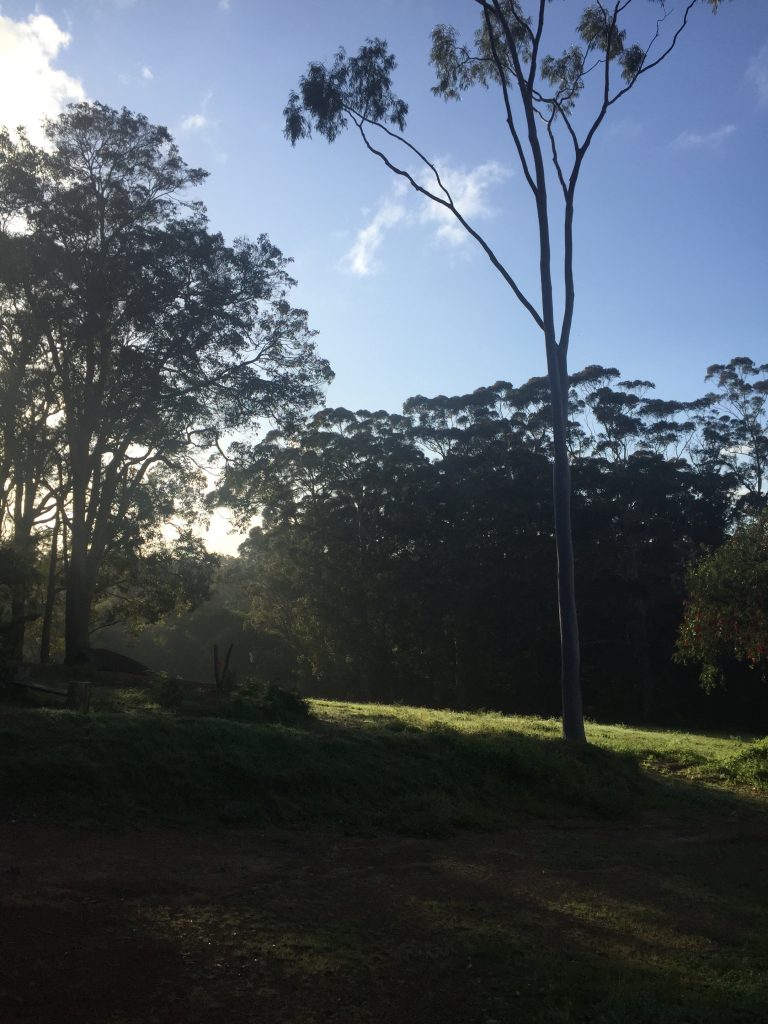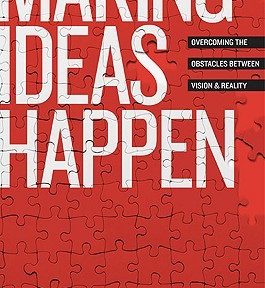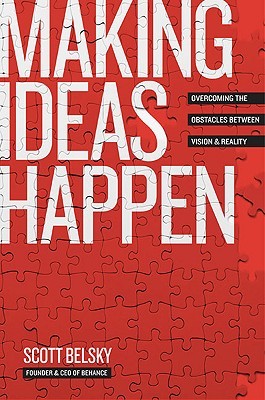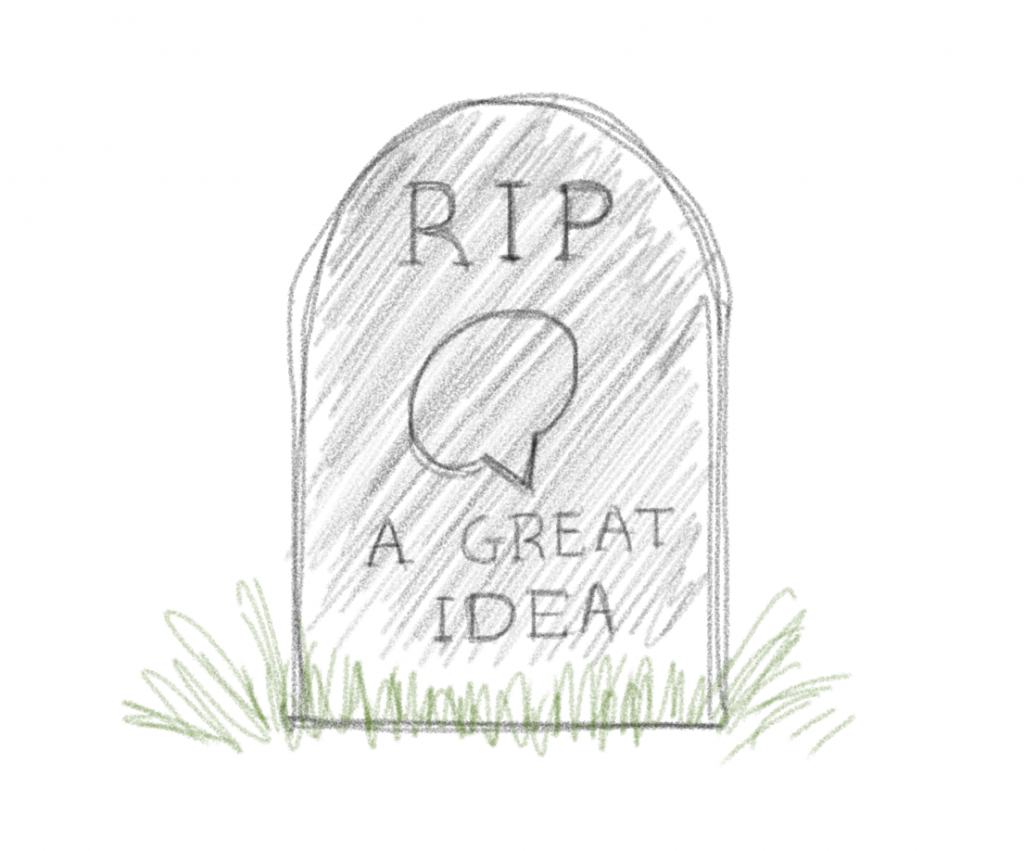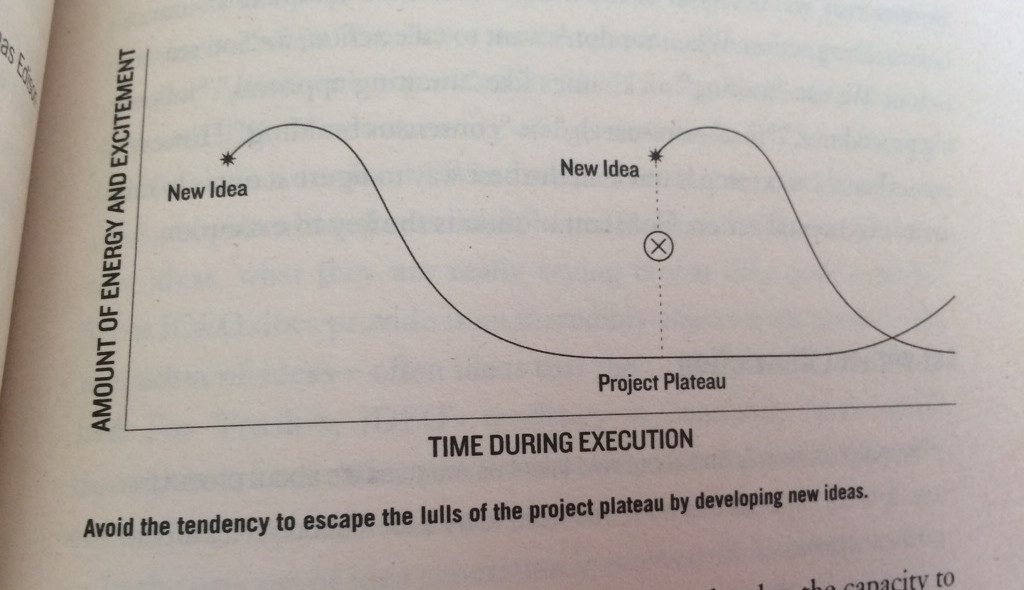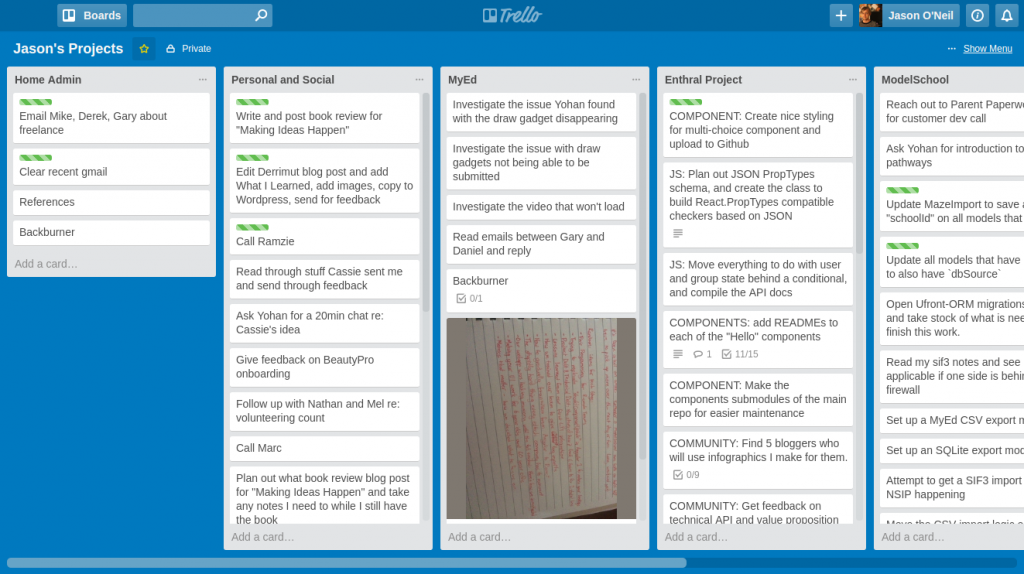Content Warning: Jan 26th. This post talks about 26th Jan, European invasion/settlement, systematic oppression, racial abuse, and is generally pretty heavy. But the person we’re talking about was an incredibly strong resilient leader who I find really inspiring.
2023 Note: I wrote this originally in January 2017, but am only recently found the draft, and have tidied it up to publish now in 2023. 6 years later I still find this story gut wrenching, challenging and inspiring. I no longer live on the lands of the Kulin nations. Now I’m on Noongar land, and I pay my respects to their leaders, past, present and those emerging.
January 26th goes by different names in Australia. “Australia Day”, “Invasion Day”, “Survival Day”. On the 26th I saw people posting respects on social media to the traditional custodians of the land, the Aboriginal people who have been here for over 50,000 years.
I wanted to do the same, but realised I know very little of the people who lived here in Melbourne before 1835. So I set out to learn.
I live in Williamstown, one of the oldest suburbs in Melbourne, and one of the first places Europeans tried to settle back in the 1830s.
Before their boats landed, there was already a nation here – the Kulin Nation. A collection of 5 tribes, who had lived in the land for 31,000 years. One of the tribes was the Boonwurrung people, and the clan that hugged the coast from the Werribee River, through to Port Melbourne, Albert Park and St Kilda was called the Yalukit Willam.
This blog post is me sharing what I’ve learned about the Yalukit Willam, and one of their leaders. I pay respect to these people, the traditional custodians of the land I live in, and their leaders past, present and emerging.
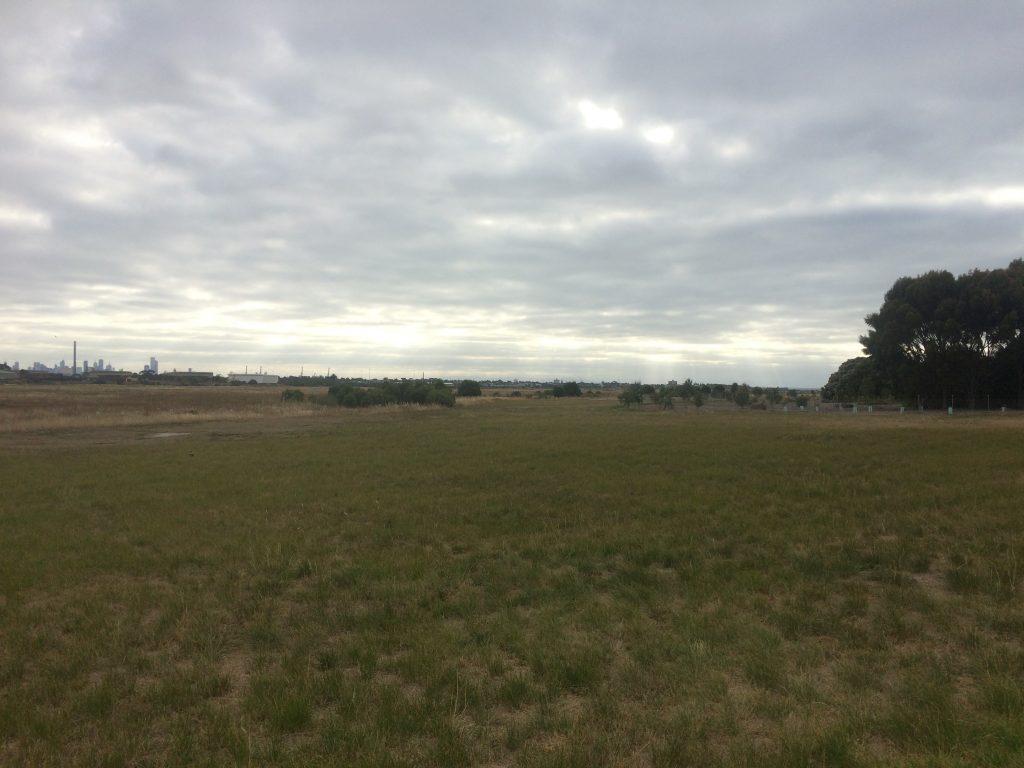
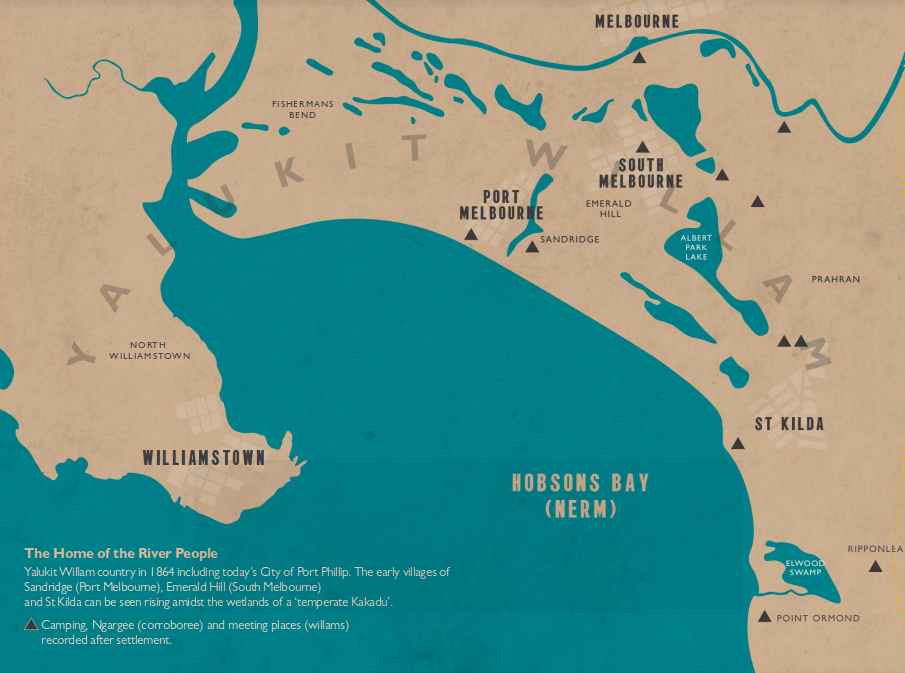
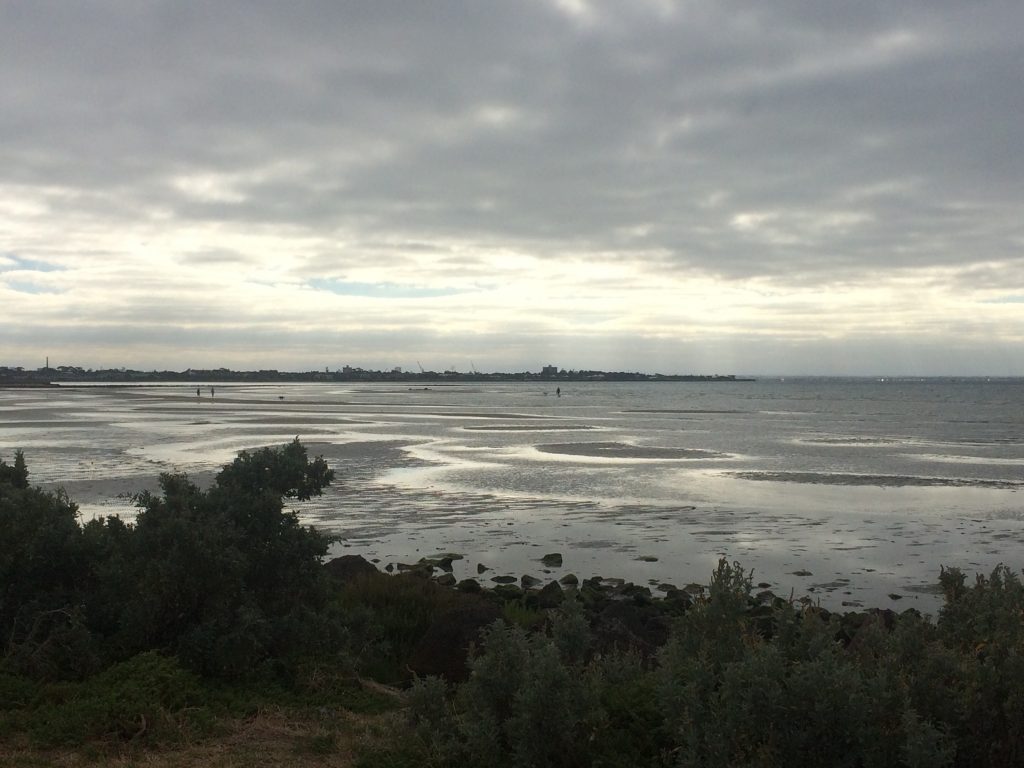
Ancient History
During the last ice age, there was no Port Phillip Bay, the water level was low enough you could walk right across, you could even walk right to Tasmania. After the ice age ended, the water rose to a point higher than it is today, the bay filled, and the area I now live in was completely underwater. It wasn’t until 5,000 years ago that the water level receded, and that was about when the Yalukit Willam people moved in.
(Fun fact, that gives weight to their ancient stories: The geological record lines up with their oral history, as a people they preserved a memory of the last ice age, and as a culture they remembered a time when they could walk across the bay. Even crazier, the Yalukit Willam borders line up closely with the high-water level following the last ice age – they moved in as soon as the water line receded and the land was available to walk on).
Introducing Derrimut
At the time of European Arrival in the area, one of the leaders – an “arweet” – of the Yalukit Willam people, was called Derrimut.
He’s a complicated and sometimes controversial figure… I’ll mention why in a minute, but for me though, in reading his story I’m filled with incredible respect at his strength, and sadness at how much he suffered.
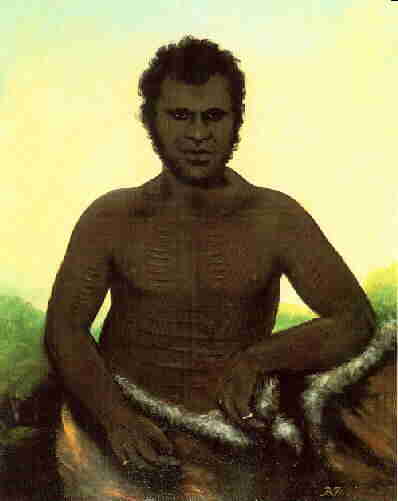
One of his first experiences with European forces was before any of them had attempted to settle down in the Melbourne area. It was a band of seal hunters, who came on to the shore and kidnapped several of the local women and took them as slaves. One of the women was Derrimut’s wife, Nandergoroke, another his sister in law, and one the wife of his nephew. When I think about the family close to me… I can’t even begin to imagine the pain.
Even with such a painful personal history to carry, he continued to lead his people with honour and courage. When a small group of Europeans landed and tried to settle, rather than responding in hostility and violence, he remembered the law of his people.
Tanderrum Hospitality: Freedom of the Bush
“This land will always be protected by the creator, Bunjil, who travels as an eagle, and by Waarn (Waa) who protects the waterways and travels as a crow. Bunjil taught the Boon Wurrung to always welcome guests, but he always required the Boon Wurrung to ask all visitors to make two promises: to obey the laws of Bunjil and not to harm the children of the land of Bunjil.
Ms Carolyn Briggs, a Boon Wurrung Elder, http://www.yarrahealing.catholic.edu.au/stories-voices/index.cfm?loadref=87
One of the customs of the Kulin people was to grant access to strangers and wanderers who came to their land, to welcome them and offer protection.
In June 1835, John Batman came with the intention to set up a village in what is now Melbourne. (Hilariously, if Wikipedia is to be believed, he wanted to call it Batmania). He met with the locals, and sought to organise a treaty with them, offering to pay them annually with a range of goods.
It seems likely this was misinterpreted by the Yalukit Willam leaders to mean Batman was participating in a Tanderrum ceremony, asking for temporary access and protection as a visitor, and offering gifts in return. The access rights
gave visitors who had no familial ties to the country the opportunity to seek formal permission from clan-heads for temporary access. The safety of all approved visitors was guaranteed.
As wikipedia notes, it was “a diplomatic rite involving the landholder’s hospitality and a ritual exchange of gifts, sometimes referred to as Freedom of the Bush.”
For Derrimut, he was a local leader, and a good man, and it was now his responsibility to care not only for his clan, but for the visitors that had arrived on his shore. (It makes me think about how poorly we treat those who come to our land, seeking our protection, in this day and age.)
Saving the settlement
So when word spread in October that year that a tribe from the North was intending to come and wipe out the new settlement, Derrimut raced to warn the European colonists, so they had time to arm themselves and fend off the attack.
This is where some of the controversy in his legacy comes in – in giving warning to the colonists, the colonists were able to arm themselves, and presumably kill/hurt/harm the people who were coming for them.
To me this feels like an ethically wrought and morally messy decision. It’s not straightforward and calling him a “hero” or a “traitor” for his actions in this moment skips over just how human this moment is – facing no good options and needing to decide what you will do. It’s not as simple as “picking sides”, especially once you count his own moral framework.
When I read the accounts, I suspect Derrimut saw it as his duty to protect them while they were on his land, and he did that by warning them of the oncoming attack, knowing what the consequences would be.
Values mismatch
Everything I’ve read about Derrimut shows me that he was exceptionally strong. Not in an angry, violent way that attacks and lashes out, but in a persistent, courageous, peaceful and moral way. He lived out his beliefs and tried to protect his people and co-operate with the European arrivals.
The Yalukit Willam had a culture that celebrated peace.
The culture he was dealing with though, the European settlement, did not recognise the same principals. The governor refused to recognise Batman’s treaty, and stuck to the arrogant belief that the land was empty when they found it, and therefore belonged to the Queen.
These people, coming to Derrimut’s land, in ever increasing numbers, were not temporary visitors, but invaders.
Fear and cruelty
As European settlers arrived and set out farms, they would fence off areas and claim them as their own. The land the Yalukit Willam people had walked on and hunted on and played on and celebrated over, for 5000 years, was now not in their control – and they were now told they were not welcome.
As the settlers expanded, they new arrivals viewed the Yalukit Willam suspiciously and fearfully. Land management rituals like burning out the undergrowth (without which Victoria’s horrendous bushfires will occur) were how the people kept the land flourishing, safe and sustainable, but Europeans believed the fires were meant to burn their farms and their families, and so responded with violent force.
The Boon Wurrung were known as a very peaceful people and if actually hostile, they would hardly have been deterred by one ‘old sailor’! This was likely a Yalukit Willam party engaged in their regular burning back of the lands during cooler weather necessary to stimulate pasture for kangaroo, reduce undergrowth and promote fire-tolerant food plants. Settlers however strongly discouraged ‘fire-stick farming’ as they were unfamiliar with the role of fire in regenerating Australian flora. This change in land management may have contributed to the Black Thursday disaster in 1851 when a quarter of Victoria burned.
Yalukit Willam: The River People of Port Phillip. By Meyer Eidelson. Page 25
These fears meant that as the farmers kept expanding their borders, they kept pushing the Yalukit Willam people further and further away. They were not subtle about this, they were brutal. I’ll quote a few paragraphs from “The Yalakit Willam: the First People of Hobson’s Bay”:
In June 1846, on government orders, Thomas [a government officer charged with “protecting” the Aboriginal people] removed the valuables from the willums (bark huts) of the Boon Wurrung camp then wrecked and burnt them. He ordered 51 residents to disperse. Thomas lamented that he had to order them to move every time a European objected. ‘Poor fellows, they are now compelled to shift almost at the will and paprice of the whites’. Their hardship was intensified because there was no bark left in the district and they were now compelled to build ‘mud huts’.
The Boon Wurrung and Woi Wurrung increasingly had trouble obtaining food in the vicinity of Melbourne, and they were suffering from introduced diseases. Europeans objected when Aboriginal people entered fenced paddocks to hunt, and, consequently, they were forced to subsist by begging and cutting firewood for the intruders.
The breaking up of camps continued unabated in the latter part of the 1840s. In January 1849, at one Boon Wurrung camp, Thomas was asked ‘where were they to go, why not give them a station’.
The Yalukit-Willam: The First People of Hobson’s Bay. Page 12
(Side note: the disparity between Thomas’s compassionate thoughts and cruel actions is why I think civil disobedience is vital for a just society. If you think something is wrong – don’t do it! Even if it is your job! Even if it puts you on the wrong side of the government and law-enforcement!).
It’s hard to comprehend just how unjust this is.
These people had successfully cared for the land sustainably for 5,000 years. Their first contact with Europeans involved family members being kidnapped. They still did the honourable thing and protected the first white immigrants, working with them cooperatively and peacefully. But the arriving settlers stole their possessions, and burned their homes, because they were prejudiced and afraid, assuming that land management practices were attacks. They banned them from hunting and from their traditional land management practices, and forced them into subsistence, reduced them to begging.
The Yalukit Willam people asked Thomas for a station, a section of land they could care for and continue to live on as they had always done, but free from European encroachment. Benbow, one of Derrimut’s fellow clan leaders, and even an employee of the government, tried to meet with Governor LaTrobe to make the request. LaTrobe left him waiting outside all day and refused to see him.
In March 1849, Benbow resolved to see Superintendent La Trobe to ask for a country for the Boon Wurrung… Benbow stood outside all day but was not admitted.
The Yalukit-Willam: The First People of Hobson’s Bay. Page 12
Resignation, persecution and tragedy
The last time I saw him was nearly opposite the Bank of Victoria, he stopped me and said, “You give me a shilling, Mr Hull.”
“No”, I said, “I will not give you a shilling, I will go and give you some bread”, and he held his hand out to me and said
“me plenty sulky you long time ago, you plenty sulky me, no sulky now, Derrimut soon die”, and then he pointed with a plaintive manner, which they can affect, to the Bank of Victoria, he said “You see, Mr Hull, Bank of Victoria, all of this mine, all along here Derrimut’s once, no matter now, me soon tumble down and die very soon now”.
The Yalukit-Willam: The First People of Hobson’s Bay. Page 13
Forced into subsistence, being told he’s not welcome on his land, Derrimut soon began to lose hope. The people he had welcomed onto his land, the people he had protected and co-operated with, had taken everything from him, and treated him cruelly.
(You can even feel the racism dripping in the sentence: “I won’t give you money, I’ll buy you a meal” – I’ve said that too! It makes me question how I respond to people on the streets who approach me for help. Did they think Derrimut was not capable of using money wisely? He was a capable and smart leader).
In July 1863, the very last of their land was sold to white settlers; they were now not allowed to live anywhere on the land that had once been their nation for 5,000 years.
They were moved on to a reserve at Coranderrk, North-East of Melbourne. On the day they had to leave, Thomas, the government officer enforcing the rule, wrote:
Poor Derrimut cried & so did Mr Man who hung his head on the breast of Derrimut like Esau and Jacob, I was forced at length to separate them.
Yalukit Willam: The River People of Port Phillip. By Meyer Eidelson. Page 69
Their connection to the land was more than just sentimentality and familiarity. I believe there is a spiritual element to it, and when Derrimut was forced off his land, despair set in. He died the following year.
Derrimut became very disillusioned and died at the Melbourne Benevolent Asylum at the age of about 54 years in 1864. In his honour, over his body, interred in the Melbourne General Cemetery according to European rather than Aboriginal rites, a tombstone was erected.
Wikipedia
The tragedy continued after Derrimut’s story ended. His clan, resourceful as they were and with their knowledge of the land, used the station at Coranderrk to farm and run a successful business. They were so successful that they started winning awards, and then the oppression started once more, with neighbouring European farmers believing it was not the people and their farming practices that resulted in the high quality produce, but merely that the land was more valuable. Because of this they started moving the Yalukit Willam people off the reserve, and caused the business to collapse.
Coranderrk Station ran successfully for many years as an Aboriginal enterprise, selling wheat, hops and crafts on the burgeoning Melbourne market. Produce from the farm won first prize at the Melbourne International Exhibition in 1881; and other awards in previous years, such as 1872.
By 1874, the Aboriginal Protection Board (APB) was looking for ways to undermine Coranderrk by moving people away due to their successful farming practices. Neighbouring farmers also wanted the mission closed as the land was now deemed ‘too valuable’ for Aboriginal people to occupy.
Wikipedia
The level of abuse and repression they suffered is hard to swallow. I’ve often felt a sense of shame at our national history, but seeing these details of specific incidents, the cruelty of it, it hurts to know that it was my culture inflicting this on good, innocent people.
My reflection
Most mornings I ride my bike along this land, around Hobson’s Bay and through Point Gellibrand, along the river and bay and wetlands where Derrimut once lived freely.
There is a beauty here that is breathtaking. It is also life giving. There is a spirituality to this place. I can only imagine how strong that sense is for the people of a culture that have lived here and sustained the land, and been sustained by it, for thousands of years.
That same respect for land also gave him a respect for other people, even foreigners from a culture he did not understand, and as I read his story I am so inspired by his kindness and decision to honour his commitment to hospitality and protection of visitors, even when it put him in opposition to some of his own people – he stood up for the visitors in his care.
And yet he was crushed by a cruel invading culture, and that is the culture I’m part of. It brought me to tears realising how horribly we treated such a good man, and all his people.. And to think of the generations of pain caused to countless Yalukit Willam people who lost their connection to the land and have been repressed for over a century. And people of nations all over this continent…
It gives me so much more respect for Indigenous people across Australia who are still here, still fighting to be heard, fighting to have their culture recognised, fighting for a positive future for themselves and for their children. The cruelty they have suffered is so significant, to continue on shows such courage.
Learning this history has also been a big reality check for my own privilege, helping me see the systematic racism still at play, and start thinking about what my role has been in it, and what my role needs to be in reversing it.
Your own learning
If you want to learn more, I recommend you look up the history from your local council. Most local governments in Australia will publish some history of the first inhabitants on their website. Take a look, learn about the leaders, past and present, who are the traditional custodians of the land you now live in.
Here are the articles I read in writing this post:
Yalukit Willam: The River People of of Port Phillip by local historian Meyer Eidelson
The First People of Hobsons Bay
“You have all this place, no good have children …” Derrimut: traitor, saviour, or a man of his people?
What to do?
2023 Update
This list from Pat Allan feels like a good start:
• donate to https://dhadjowa.com.au
• contribute to https://paytherent.net.au
• show up to your local Invasion Day rally or similar events
• subscribe to Amy McQuire’s newsletter: https://amymcquire.substack.com
• read Chelsea Watego’s book Another Day in the Colony
I’d add to that… with an upcoming referendum on giving an Indigenous Voice to Parliament, have a think about who you know, who you’ve got a trusting relationship with, and who will or might vote against it. And have a heartfelt conversation with that person, try to change their mind.


